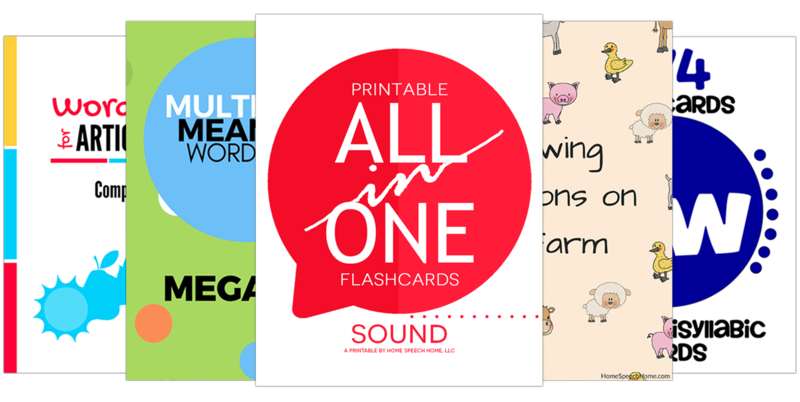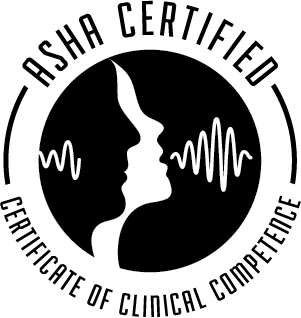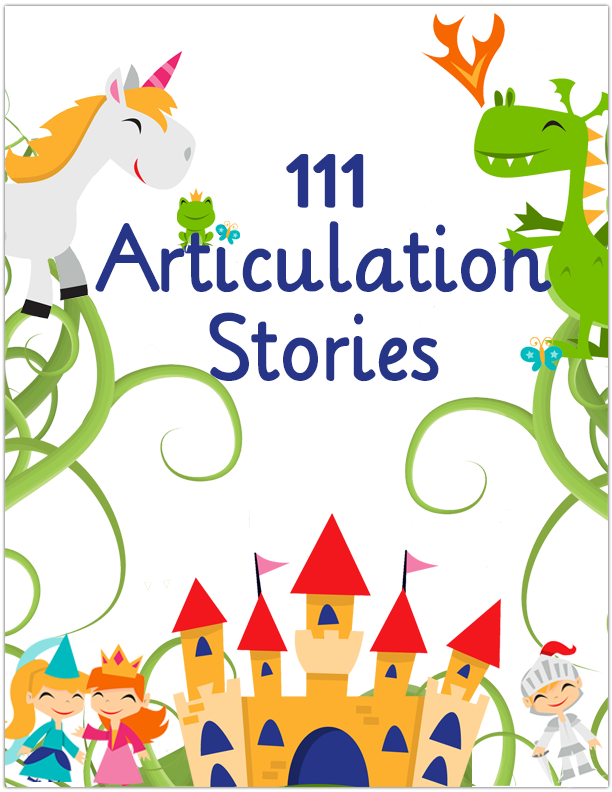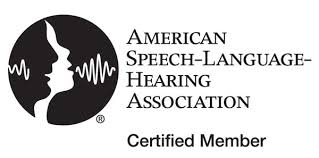The Speech Evaluation: What To Expect
If you think a speech evaluation is in your child's future, you could be right.
After all...
...you know your child better than anyone.
Explore Our Goal Reaching, Client Centered Products
But before you spend the time and raise your stress level, consider using our speech and language screeners.
It's free, user friendly, and gives you an idea about how concerned you should be. A full speech and language assessment is always the best choice.
Here are a few things to expect if you take your loved one in for any type of speech and language evaluation.
The therapist will ask you questions about your:
- Family History
- Pre-natal History
- Pregnancy/Delivery
- Physical Development
- History of hospitalization/injuries/illnesses
- Communication History (including speech and language development information, which can all be found on our left navigation bar)
The more information you are able to share with the therapist...
...the better.
The more the therapist knows about your child the easier it is to see the "whole picture."
This will allow them to diagnose your child more accurately and tailor therapy (if necessary) to treat your child’s deficits to the highest extent possible.
At the end of the speech and language evaluation, you will get to hear the Speech-Language Pathologist’s findings.
SEE ALSO: The Best Free App for Speech Therapy
Recommendations will be made for direct or indirect therapy, or monitoring and follow-up appointments.
You may be told things that you can do at home, things to be done at school, or what direction therapy will go.
If not, ask these questions so you and the school teachers can be actively involved in your child’s progress.
Referrals to other professionals such as...
- Audiologists (hearing)
- Occupational Therapists (life skills)
- Physical Therapists (physical development)
- Otolaryngologists - ENT (ear, nose, throat)
- Psychologists (behavioral and other disorders)
...can also be made.
Follow the referrals.
Better safe than sorry.
Depending on the circumstances, such as voice, resonance, and hearing problems, a therapist may refuse to treat your child until the collaborating professional is consulted.
This is a sign of a good SLP because he/she knows that doing therapy with an underlying problem is useless and unethical.
Don't hesitate to get a 2nd opinion if you feel like you need one, and do your best to find a therapist that you can get along well with.
The stronger your relationship with the therapist is...
...the more effective therapy will be.
SEE ALSO: The Best Books for Speech Therapy Practice
The same goes for the child.
If he/she doesn’t get along with the therapist or have fun and feel good during therapy, very little progress will be made and you might as well be throwing your money in the toilet.
Go prepared to your Speech-Language Evaluation.
Take audio or video recordings if you have any because sometimes (like in stuttering), the child will not demonstrate speech that is typical of what you usually see at home or school.
This will let the SLP see what you see and will definitely help if (heaven forbid) your child decides not to talk during the evaluation at all.
Your Speech Pathologist will think very highly of you!
Freebies, Activities, and Specials, Oh My!
Sign up for Terrific Therapy Activity Emails
Your information is 100% private & never shared.




























